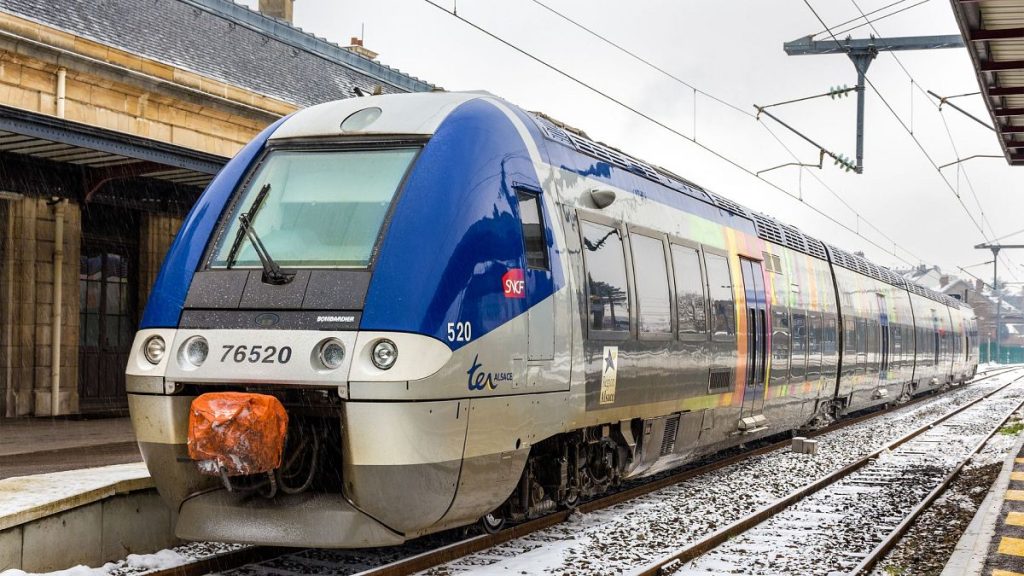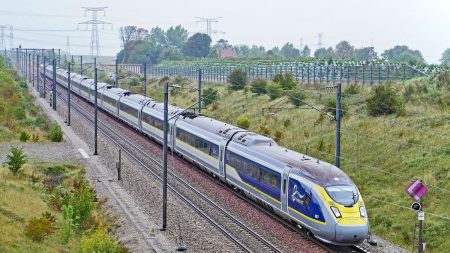Strikes in France, which have been surprisingly low-key throughout 2024, are set to escalate in November and December, marking a significant shift in the industrial landscape. Travelers planning to visit or navigate within France during this period should prepare for widespread disruptions. Major unions, including those representing transport workers and farmers, have announced their intent to engage in industrial action. One notable event is a coordinated one-day strike by all four of France’s primary rail unions scheduled for Thursday, November 21. This strike aims to highlight the unions’ demands to the French government and is anticipated to cause notable delays and service interruptions across the country, with potential spillover effects into the highly trafficked Christmas season.
The primary concerns driving these strikes stem from the increasing privatization of France’s state-run rail services. Since its establishment in the late 1930s, the French rail company, SNCF, has remained publicly owned. However, following reforms initiated in 2019, the rail transport sector has opened up to competition from other European players. Unions are deeply concerned that this shift undermines the benefits of a publicly owned rail system, particularly as foreign entities like Spain’s Renfe and Italy’s Trenitalia begin operating services within France. This transformation reflects a broader EU initiative aimed at enhanced competition and improved rail networks, which members hope will encourage greater rail travel as an alternative to cars and planes.
In addition to rail disruptions, air travel is also set to face challenges, highlighted by a one-day strike organized by the National Union of Airline Pilots (SNPL) on November 14. This action is expected to have repercussions on major airlines, especially Air France. The motivating factor behind the pilots’ strike is their opposition to a proposed 300 percent increase in flight taxes imposed by the French government—a move perceived as lacking industry consultation. This solidarity tax currently costs passengers just under €3 for economy class and nearly €18 for first class, but the proposed increases could drive this fee up significantly, further burdening travelers. The French government aims to generate an additional billion euros annually from the aviation sector to fill budgetary gaps anticipated by 2025.
Alongside ongoing strikes in transport sectors, farmers are planning protests that may cause substantial disruptions, including road blockages targeting international truckers delivering goods. Furthermore, plans for three days of action by unions representing civil servants are expected in early December, although specific dates have yet to be disclosed. Historically, France has had one of the highest levels of strike activity in Europe, making this period noteworthy due to the stark contrast to the predominantly peaceful dynamic of 2024 thus far.
Strikes have long been rooted in French culture, with their practice dating back to the post-revolutionary period in the 18th century. The legal recognition of striking in 1864 solidified its role as a significant mechanism for advocating better working conditions. Over the years, strikes have evolved into a widely accepted form of social protest against the centralized government, allowing various groups to voice their grievances effectively. This cultural backdrop provides essential context for the contemporary strike actions, which display an enduring commitment to labor rights and social progress among French citizens.
The current wave of anticipated strikes underscores the intricate relationship between labor unions and broader societal norms in France. These actions reflect not only specific grievances regarding labor conditions and economic policies but also a collective identity rooted in historical struggles for rights and recognition. As November and December approach, the potential disruptions associated with these strikes present a formidable challenge, not only for the transportation sectors but also for the tourism industry and everyday life within France. With the precedent for mobilization and collective action firmly established, the coming weeks promise to bring significant attention to the evolving landscape of labor relations in the country.














